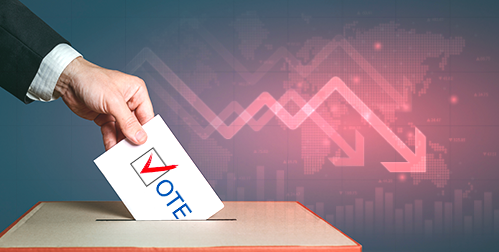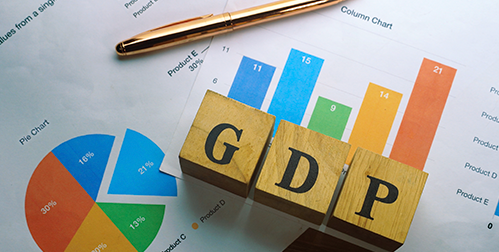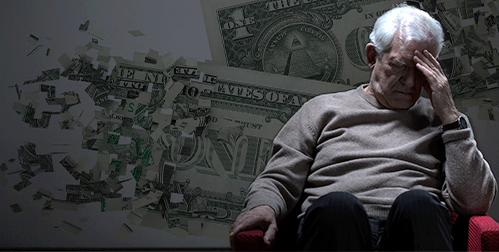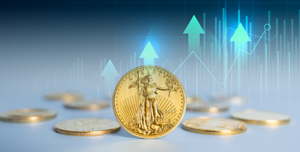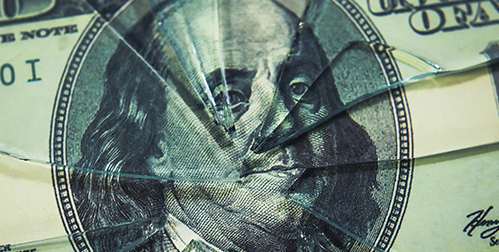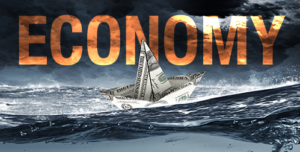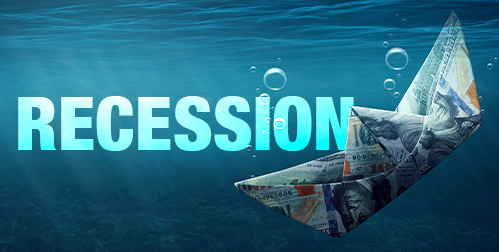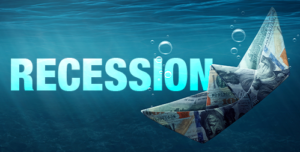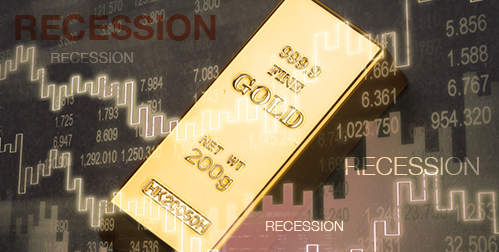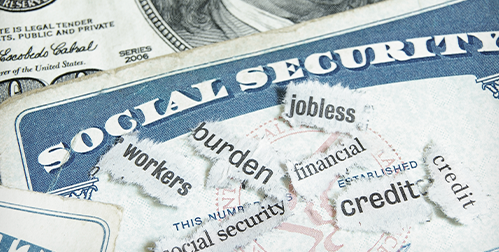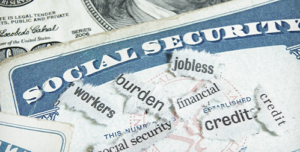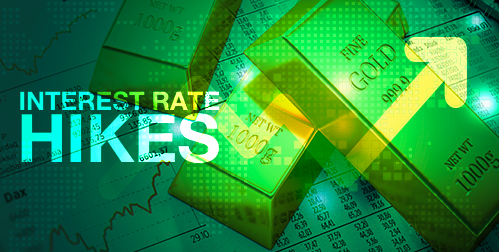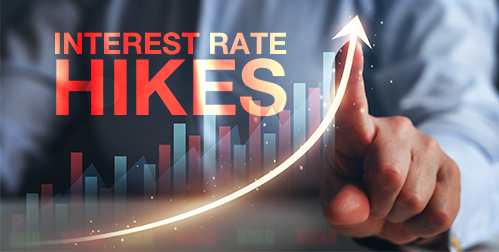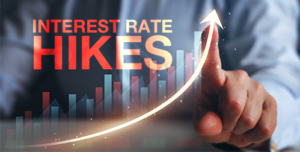- Gross Domestic Product appears to have grown in the third quarter
- The bump in GDP is deceptive, experts believe a recession is still on its way
- Numerous other indicators are pointing to a long-term economic downturn
The GDP’s Deceptive Increase
Major banks, the International Monetary Fund, leading CEOs and hedge fund billionaires all predict a recession in 2023. After two quarters of declining growth, some say we are already in one. So, a positive third quarter GDP report should be good news, right? Not so fast.
Gross domestic product is a general measure of the country’s economic output. Analysts estimate it grew 2.4% between July and September. On the surface, that looks great after shrinking for six months. But with that decline, stubborn high inflation and rapidly swelling interest rates, most forecasters predict a long economic downturn. Economists see this one quarter as just a speed bump on the road to recession.1
The bump in GDP may be more economic sleight of hand than an actual increase in production. The GDP is likely to have increased due to a narrowing gap between imports and exports. With money getting tighter, consumers are buying less. As a result, the US is importing fewer goods. American individuals and businesses are spending less. With consumption being nearly 70% of our GDP, that’s taking the gas out of our economy.
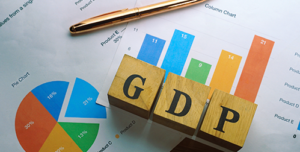
Other Recession Indicators
There are other recession signals flashing. Mortgage rates have more than doubled since last year. This is causing the housing market to come to a standstill. An overpowered dollar is cutting US exports and overseas profits for US companies. Stocks are dropping along with corporate earnings. And a shrinking federal budget deficit reveals less government investment in the economy.
The Chief Global Strategist at JP Morgan said, “there is little reason to expect booming growth at any time over the next few years.”2
The GDP is also being propped up by an increase in retailer’s inventory level. Instead of reflecting actual growth, the increase is most likely a result of unsnarling supply chains.
If anything, this is the canary in the recession coal mine. Inflation-adjusted GDP reflected healthy gains around the onset of four out of the last six downturns according to Joseph LaVorgna, chief economist at SMBC Nikko Securities America and former Trump White House economic adviser.
The state of the economy is no secret to everyday Americans. Consumer confidence has fallen to its lowest level since July. The index dropped 30 points since February 2020. “Dismal” is how the report described most people’s view of the economy. Rising gas and food prices are the main reasons for the poor outlook. People shouldn’t expect it to get better anytime soon. The CEOs of Kraft Heinz and Coca Cola both issued statements that their prices will continue to increase well into next year.3
There is another reason not to get fooled by this GDP bump. A major recession indicator is going off right now. Short- and long-term bond yields have inverted. This means short term bonds are paying better than long term ones. In other words, bond traders are not hopeful about the future. The spread between the three-month Treasury bill and the benchmark 10-year note has inverted several times this week. Inversions have preceded every US recession since 1950. If history is any guide, then we’ll be in full recession within 4 quarters.
At first glance, a headline touting GDP growth looks like good news. But upon closer examination, the data is revealed to be a small bounce before falling over the edge. A recession is all but guaranteed. The best thing you can do is move your wealth into safe haven assets before we feel the full brunt of the decline. Contact us today to learn how our Gold IRA can protect your savings from the dangers of recession.
